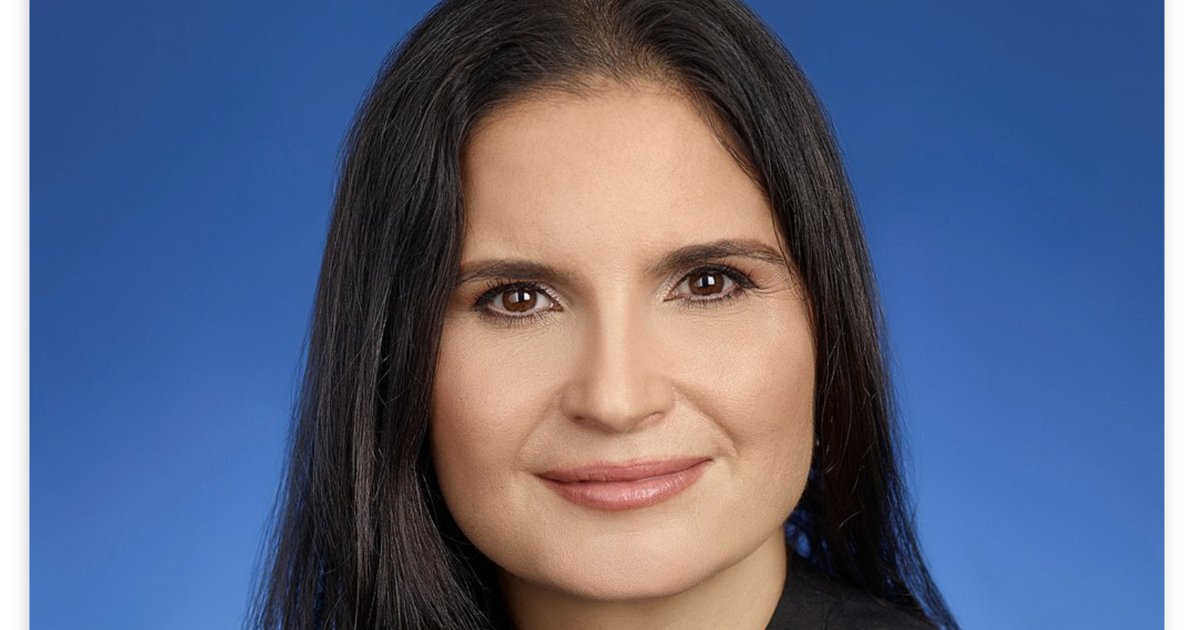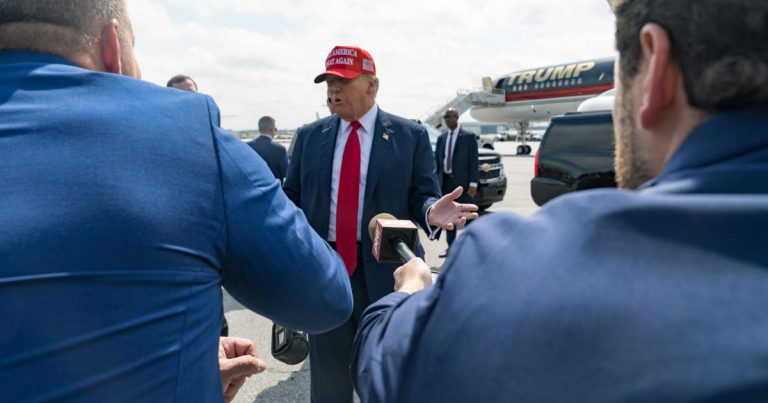Judge to hear arguments about Jack Smith’s new role in Trump document case
The ongoing legal battle between former President Donald Trump and Special Counsel Jack Smith continues to unfold in a Florida federal courtroom. The crux of the issue centers around Smith’s authority to prosecute Trump, a matter that has sparked intense debate and legal wrangling.
Trump’s legal team has vehemently challenged the appointment and funding of the special counsel, arguing that Smith lacks the constitutional authority to prosecute the case. They argue that the appointment of a special counsel must be made by the president and approved by the Senate, a contention that has been met with skepticism by legal experts.
U.S. District Judge Aileen Cannon has taken the unusual step of inviting outside groups to present arguments for and against Smith’s appointment. Former federal prosecutors and elected officials have filed briefs in support of Smith, urging the court to rule swiftly against Trump to avoid unnecessary delays in the legal process.
On the other side, former U.S. Attorneys General Edwin Meese and Michael Mukasey have come out in support of Trump’s challenge, arguing that the appointment of special prosecutors should follow established precedents. They contend that nearly all special prosecutors in recent history were appointed by the sitting president and approved by the Senate.
In response to these challenges, Smith has defended his appointment by citing congressional authorization for the attorney general to commission prosecutors for independent investigations. He points to special counsel regulations that have governed previous investigations, including those led by Robert Mueller and John Durham during the Trump administration.
Meanwhile, Trump’s legal team has also raised concerns about the funding of the special counsel probes, questioning the source of funds allocated by Congress for these investigations. However, legal experts maintain that Trump’s claims regarding funding lack merit based on legal and historical precedent.
Cannon has yet to set a trial date for the case against Trump, who is accused of mishandling national defense information and obstructing a federal probe. The former president and his aides have pleaded not guilty to the charges and denied any wrongdoing. The upcoming hearings will also address a proposed gag order on Trump’s public comments about the case.
Smith recently filed a motion to limit Trump’s public remarks on law enforcement matters related to the case, citing concerns about the integrity of the proceedings. Federal prosecutors moved to restrict Trump’s comments after he made false claims about FBI agents during a search at his Mar-a-Lago residence.
With the legal battle intensifying, Cannon is expected to consider arguments from both sides before making a ruling on Smith’s appointment as special counsel. The upcoming hearings will also delve into attorney-client privilege matters and evidentiary issues related to the case against Trump.
Despite the ongoing legal challenges and delays, the prospect of either case against Trump going to trial before the presidential election appears slim. The Supreme Court is still evaluating Trump’s claims of presidential immunity from prosecution, adding another layer of complexity to the legal proceedings.
As the legal saga unfolds, the courtroom drama between Trump and Special Counsel Jack Smith continues to captivate observers and legal experts alike. The outcome of this high-stakes legal battle could have far-reaching implications for both parties involved, shaping the future landscape of legal investigations and presidential accountability.








